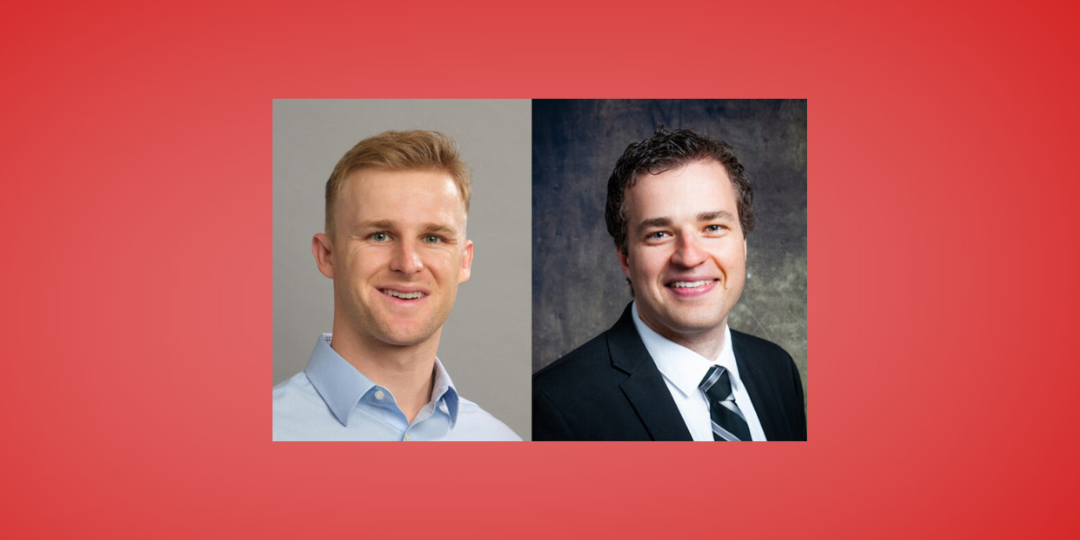This story was originally posted in @TheU and on the College of Engineering's website.
Those struggling with chronic pain or depression often report feeling “hopeless” or “despairing” when multiple therapies and interventions have not led to relief. Such people, however, described their experience in more hopeful terms after participating in a recent study of a new biomedical technology developed at the University of Utah.
“This is the first time in three years I’ve felt like myself. It feels like my brain has been woken up,” one patient said. Others said, “That trauma is no longer with me. It is finally gone,” and “I was walking around the grocery store and just felt so clear. I was wondering, is this what normal people feel like?”
The device at the center of these human clinical trials, called Diadem, promises to change how certain neurological disorders are treated. Resembling a pair of oversized headphones, it stimulates regions of the deep brain underlying chronic pain and depression—all with the power and precision of focused ultrasound.
Diadem’s creators are now seeking volunteers to participate in its final phase of clinical trials needed to obtain regulatory approval and provide these treatments at a large scale.
“We’ve been blown away by the positive results so far,” said the paper’s lead author, Tom Riis, a postdoctoral researcher in the Department of Biomedical Engineering. “After just a single 40-minute stimulation session, patients are showing immediate, clinically substantial improvements in symptoms.”
To participate in Diadem’s next round of clinical trials, contact
The cover story
Featured on the February cover of the journal IEEE Transactions on Biomedical Engineering, the study, “Device for multifocal delivery of ultrasound into deep brain regions in humans,” is a collaboration between the university’s John and Marcia Price College of Engineering and the Huntsman Mental Health Institute.
Riis conducted the research in the lab of engineering professor Jan Kubanek, the paper’s senior author. They collaborated with Huntsman researchers Brian Mickey, a professor of psychiatry, graduate student Daniel Feldman and laboratory technician Adam Losser.
“The potential for this technique to change, even save, people’s lives is becoming increasingly clear,” Kubanek said. “We encourage those who are dealing with these conditions to join our upcoming study. It’s very important to us to get this potential treatment to those who need it as soon as possible.”
Big results
In both the initial paper and two subsequent trials awaiting publication, the majority of patients saw improvement.
Of the 20 subjects who completed the chronic pain trial, 15 saw clinically meaningful reduction (more than 33%) in pain immediately following treatment. Of the 19 patients who completed the depression trial, 10 met the criteria for remission one week following just one stimulation session. There were no adverse events or worsening of pain.
In the depression trial, 14 patients experienced a durable improvement, while two experienced a temporary worsening of depression.
“Overall, the treatments were well tolerated,” Riis said. “Regarding safety, we saw no evidence of safety issues or long-term side effects.”
The researchers, however, stressed the results are preliminary.
“We’ve still got a lot to learn,” Kubanek said. “More research is needed to back up the initial data and establish things like how long the improvements last.”
Phase 3 clinical trials are rigorous, lasting up to two years, and only a small portion of them result in an FDA-approved drug or treatment. That kind of progress requires a deeper understanding of the underlying technology and physiology. To reach this point, the researchers had to confront complex challenges, both on the inside and outside of the human head.



